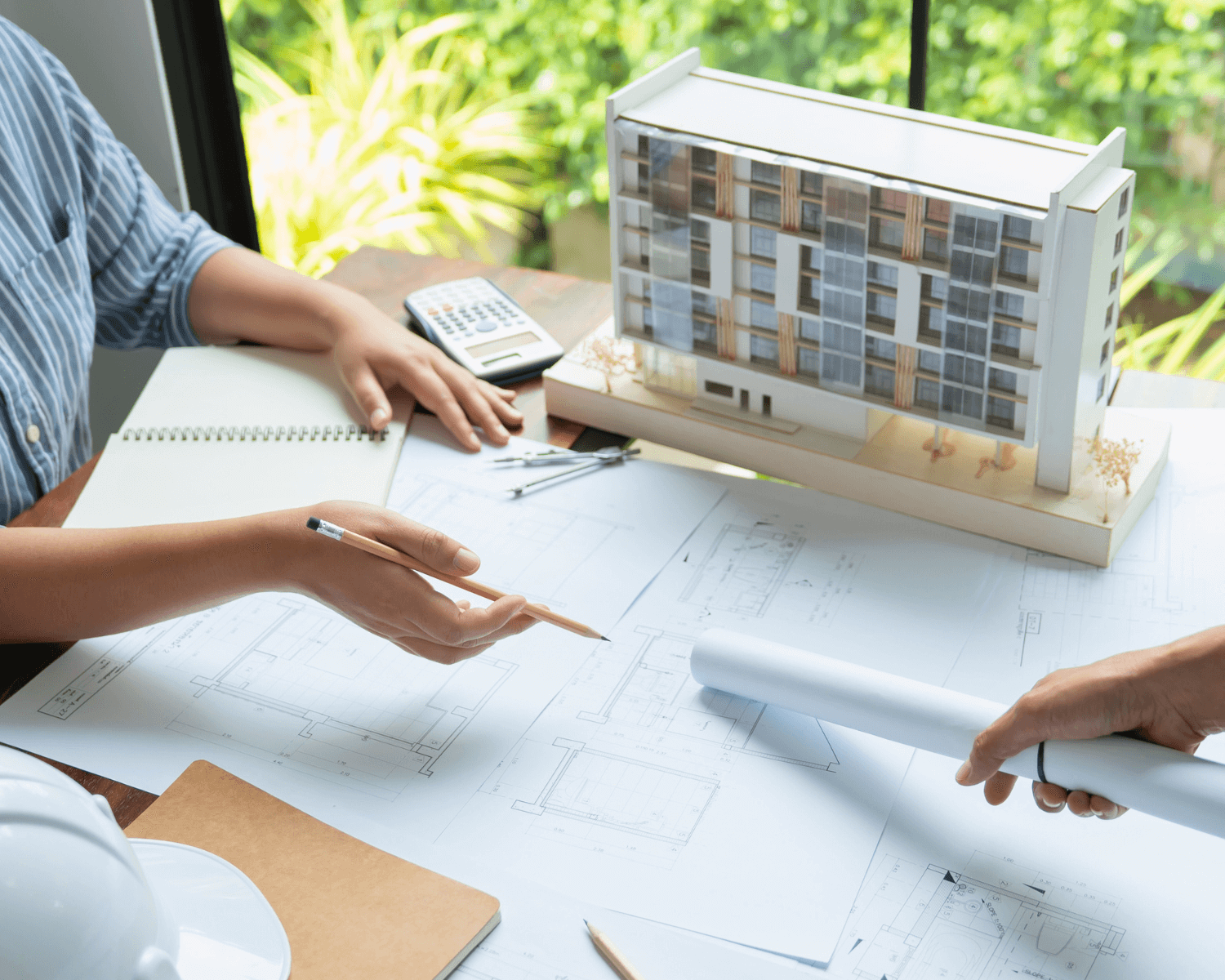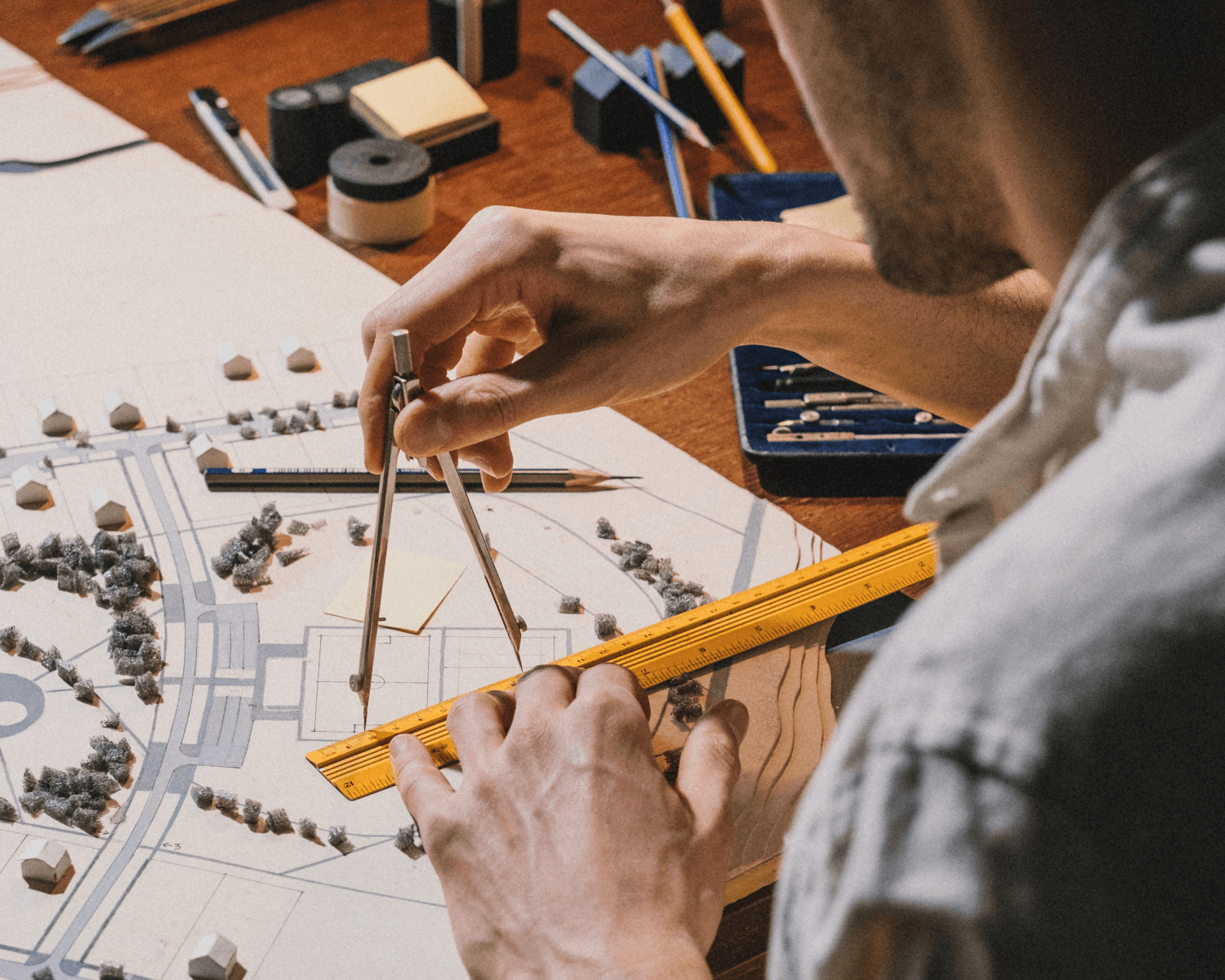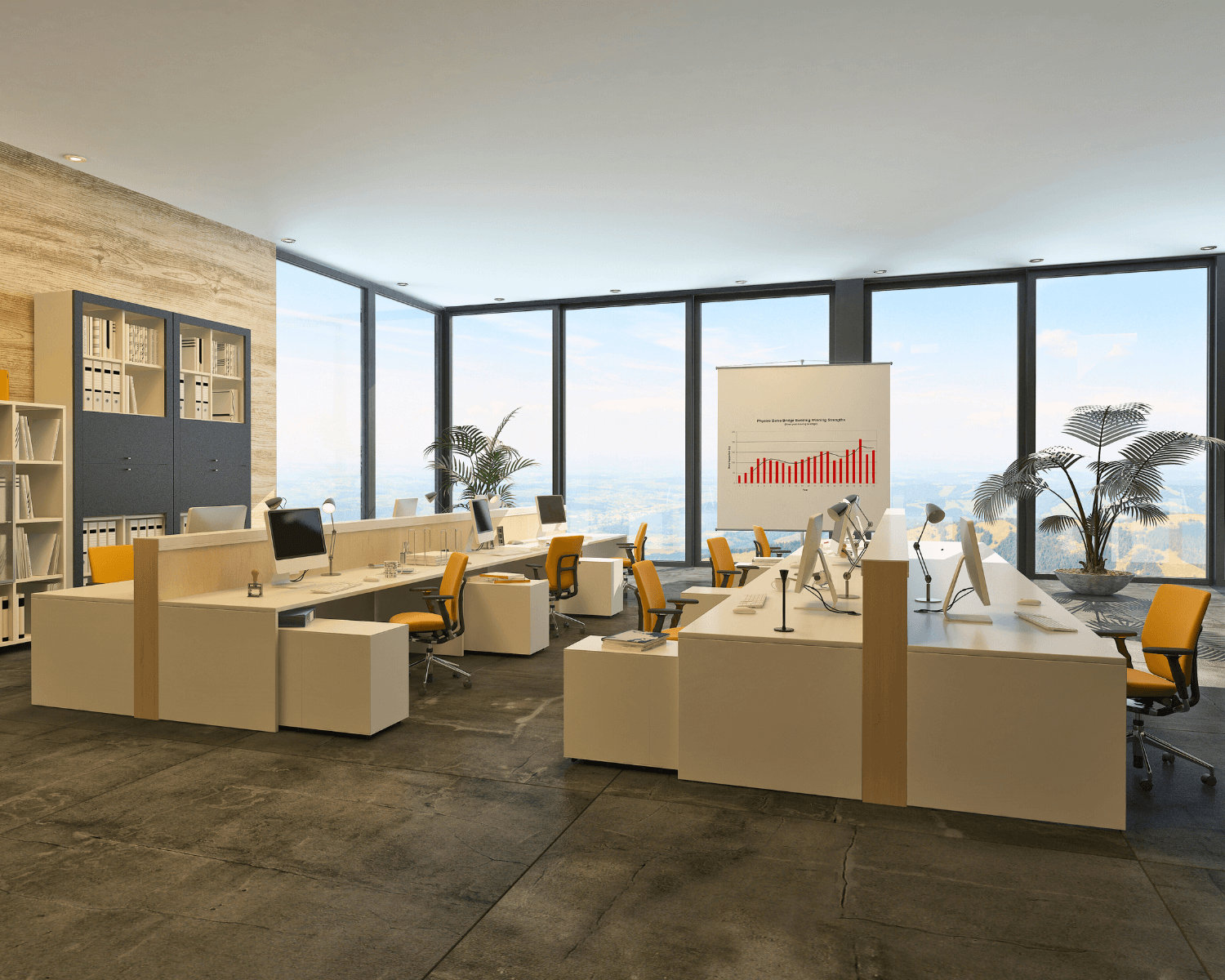In today’s competitive construction and design industry, establishing a successful architecture business requires more than creativity. It demands a combination of technical expertise, innovative thinking, and strategic planning. This comprehensive guide explores the key aspects of running a thriving architecture business, emphasizing the value of architectural services in shaping the built environment.
What is an Architecture Business?
An architecture business involves the design and development of buildings and spaces that meet functional, aesthetic, and regulatory requirements. Architects collaborate with clients, engineers, and construction professionals to bring visions to life, ensuring projects are both practical and inspiring. Core activities include:
- Designing residential, commercial, and industrial buildings
- Developing urban planning and public infrastructure projects
- Incorporating sustainable and energy-efficient practices into designs
Why Architectural Services Are Vital
1. Enhancing Functionality and Efficiency
Architects design spaces that meet the specific needs of their clients, optimizing layout, flow, and usability.
2. Boosting Property Value
High-quality architectural designs can significantly increase property value by creating structures that stand out in form and function.
3. Promoting Sustainability
With a focus on green architecture, modern firms implement eco-friendly practices, reducing energy consumption and environmental impact.
4. Driving Innovation
Architects integrate cutting-edge technologies and materials, enabling unique solutions for complex challenges.
Core Services Offered by an Architecture Business
1. Design Consultation
- What It Is: Discuss client needs, project goals, and budget constraints to develop tailored solutions.
- Importance: Establishes the foundation for a successful project by aligning expectations and objectives.
2. Conceptual Design and 3D Modeling
- What It Is: Creating visual representations of the proposed design, including floor plans, elevations, and 3D renderings.
- Importance: Helps clients visualize the project and make informed decisions.
3. Construction Documentation
- What It Is: Preparing detailed blueprints, specifications, and technical drawings required for construction.
- Importance: Ensures compliance with building codes and facilitates seamless execution by contractors.
4. Project Management
- What It Is: Overseeing project timelines, budgets, and quality standards during construction.
- Importance: Maintains efficiency and addresses challenges promptly.
5. Sustainability Consulting
- What It Is: Advising clients on energy-efficient systems, materials, and designs to achieve sustainability goals.
- Importance: Reduces long-term operational costs and aligns with environmental standards.
Challenges in Running an Architecture Business
1. Client Expectations
Managing diverse client needs while staying within budget and timelines is a constant balancing act.
2. Regulatory Compliance
Adhering to local building codes, zoning laws, and environmental regulations requires meticulous attention to detail.
3. Market Competition
Standing out in a crowded marketplace demands continuous innovation and exceptional service delivery.
4. Technological Advancements
Keeping pace with advancements such as Building Information Modeling (BIM) and virtual reality tools is essential for staying relevant.
Strategies for Success in the Architecture Business
1. Focus on Branding and Marketing
- Develop a strong online presence through a professional website and social media platforms.
- Highlight successful projects and client testimonials to build credibility.
2. Invest in Technology
- Adopt tools like BIM software, 3D modeling programs, and project management systems.
- Leverage augmented reality to provide immersive design experiences.
3. Build a Strong Team
- Hire skilled professionals with expertise in diverse areas of architecture and design.
- Foster a collaborative work environment to encourage creativity and innovation.
4. Emphasize Sustainability
- Offer eco-friendly design solutions to attract environmentally conscious clients.
- Stay informed about green building certifications like LEED and WELL standards.
Emerging Trends in the Architecture Industry
1. Smart Buildings
- Integration of IoT (Internet of Things) devices for energy management, security, and convenience.
2. Modular Construction
- Prefabricated building components reduce construction time and waste while ensuring quality.
3. Biophilic Design
- Incorporating natural elements into architecture to enhance well-being and productivity.
4. Resilient Architecture
- Designing structures to withstand climate challenges like hurricanes, floods, and heat waves.
The Role of Networking in an Architecture Business
Building relationships within the construction and design industry is essential for growth. Partnering with:
- Real estate developers for new projects
- Contractors and engineers for seamless project execution
- Government agencies for public infrastructure opportunities
The Future of Architecture Businesses
As urbanization continues, the demand for innovative and sustainable architectural solutions is expected to grow. Future-focused firms will:
- Embrace AI-driven design tools for precision and efficiency
- Develop adaptive reuse projects to repurpose existing structures
- Pioneer advancements in net-zero energy buildings
Conclusion
Running a successful architecture business requires a balance of creativity, technical expertise, and strategic planning. By offering comprehensive architectural services, leveraging emerging trends, and fostering strong industry relationships, firms can position themselves for long-term success. As the construction and design industry evolves, the opportunities for impactful and innovative architecture are limitless.



